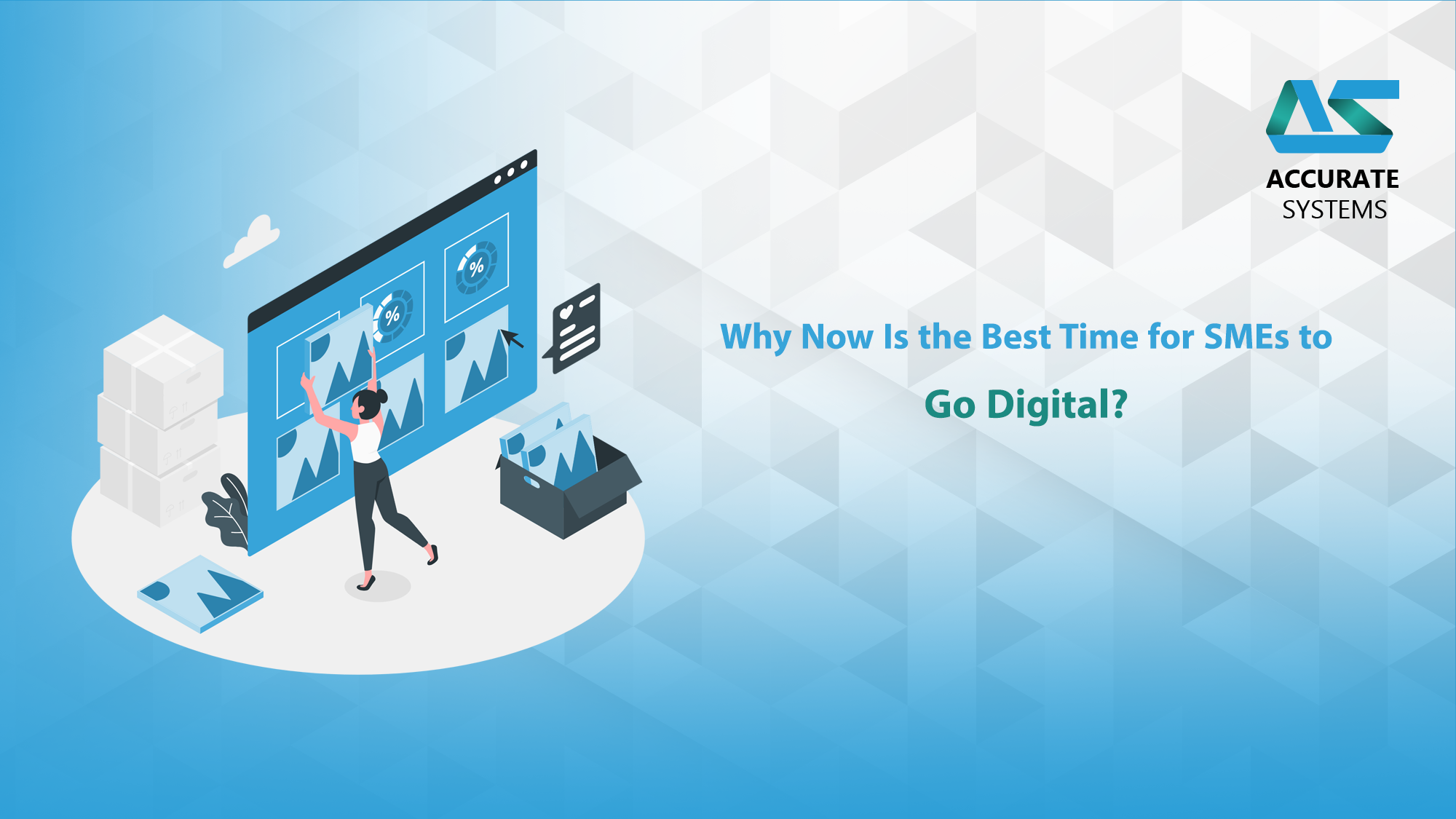Why Now Is the Best Time for SMEs to Go Digital
In today’s fast-evolving business landscape, digital transformation is no longer a luxury—it’s a necessity. Small and medium enterprises (SMEs) face increasing competition, rising customer expectations, and a rapidly changing market. Embracing digital tools and strategies can help SMEs stay competitive, agile, and prepared for future challenges. Here’s why now is the best time for SMEs to embark on their digital transformation journey.
1. Rapid Technological Advancements
The digital revolution is accelerating, with advancements in cloud computing, artificial intelligence (AI), Internet of Things (IoT), and automation. These technologies are more accessible and affordable than ever, making it easier for SMEs to leverage them for efficiency and growth.
- Example: Cloud-based ERP systems like ERPNext allow businesses to streamline operations without hefty infrastructure costs.
- Benefit: SMEs can compete on a level playing field with larger enterprises by adopting cutting-edge tools.
2. Changing Customer Expectations
Today’s customers demand faster, more personalized experiences. SMEs that fail to meet these expectations risk losing business to competitors who can.
- Example: Digital tools enable businesses to track customer behavior, anticipate needs, and deliver tailored experiences.
- Benefit: Improved customer satisfaction and loyalty lead to increased sales and long-term success.
3. Cost Savings Through Digital Tools
Digital transformation isn’t just about innovation; it’s also about efficiency and cost reduction. Automation and data-driven decision-making help minimize waste and optimize resource allocation.
- Example: Automating invoicing and payroll processes reduces errors and saves time.
- Benefit: Lower operational costs and improved profitability.
4. Enhanced Business Resilience
The global pandemic highlighted the importance of agility and adaptability. Businesses that had already adopted digital tools were better equipped to navigate disruptions.
- Example: Cloud-based systems allow employees to work from anywhere, ensuring business continuity during unexpected events.
- Benefit: Greater resilience and readiness for future challenges.
5. Support for Remote Work
The rise of remote work has shifted how businesses operate. Digital tools enable SMEs to manage distributed teams effectively, ensuring productivity and collaboration.
- Example: Platforms like Slack, Microsoft Teams, and ERP systems keep teams connected and organized.
- Benefit: Increased flexibility and access to a wider talent pool.
6. Growing Access to Funding and Incentives
Governments and organizations worldwide recognize the importance of digital transformation for SMEs. Many offer grants, tax incentives, and funding programs to support technology adoption.
- Example: Saudi Arabia’s Vision 2030 encourages digital transformation through initiatives like ZATCA compliance and innovation incentives.
- Benefit: Reduced financial barriers to adopting digital tools.
7. Competitive Advantage
Digital transformation allows SMEs to differentiate themselves from competitors. Businesses that innovate and adapt to new technologies are better positioned to attract customers and gain market share.
- Example: Implementing AI-driven marketing campaigns that target specific customer segments.
- Benefit: Increased visibility and relevance in the marketplace.
8. Data-Driven Decision Making
Digital tools provide access to real-time data and analytics, enabling smarter decision-making. SMEs can track performance, identify trends, and make informed choices.
- Example: ERP systems generate reports on sales, inventory, and customer behavior.
- Benefit: Improved strategic planning and operational efficiency.
9. Scalability and Growth Opportunities
Digital tools are designed to grow with your business. As SMEs expand, their digital infrastructure can scale to accommodate increased operations and customer demands.
- Example: Cloud solutions allow businesses to add users and features as needed.
- Benefit: Seamless growth without the need for major reinvestment.
10. Aligning with Global Trends
Digital transformation is no longer optional; it’s a global trend shaping the future of business. SMEs that delay risk falling behind in an increasingly competitive market.
- Example: E-commerce is now a dominant force in retail, and SMEs must adopt digital sales channels to remain relevant.
- Benefit: Staying ahead of trends ensures long-term success and sustainability.
Conclusion
There has never been a better time for SMEs to embrace digital transformation. The benefits are clear: improved efficiency, cost savings, enhanced customer experiences, and increased competitiveness. With accessible technologies, government support, and a rapidly changing business environment, SMEs have every reason to act now.
Accurate Systems is here to guide you on your digital transformation journey. From implementing advanced ERP systems to providing expert support, we’re committed to helping your business thrive in the digital age. Contact us today to get started!


